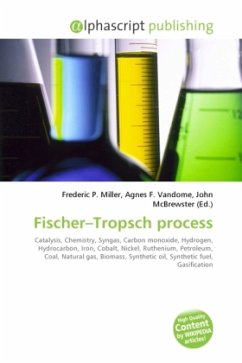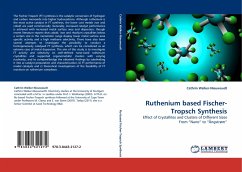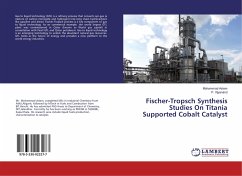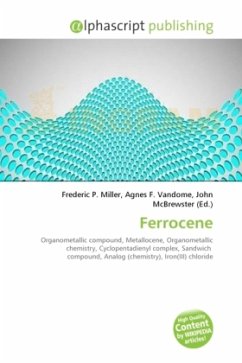The Fischer Tropsch process (or Fischer Tropsch Synthesis) is a catalyzed chemical reaction in which synthesis gas, a mixture of carbon monoxide and hydrogen, is converted into liquid hydrocarbons of various forms. The most common catalysts are based on iron and cobalt, although nickel and ruthenium have also been used. The principal purpose of this process is to produce a synthetic petroleum substitute, typically from coal, natural gas or biomass, for use as synthetic lubrication oil or as synthetic fuel. This synthetic fuel runs trucks, cars, and some aircraft engines. (Refer to Sasol.) The use of diesel is increasing in recent years. Combination of biomass gasification (BG) and Fischer-Tropsch (FT) synthesis is a possible route to produce renewable transportation fuels (biofuels).
Bitte wählen Sie Ihr Anliegen aus.
Rechnungen
Retourenschein anfordern
Bestellstatus
Storno








